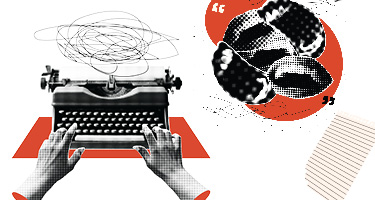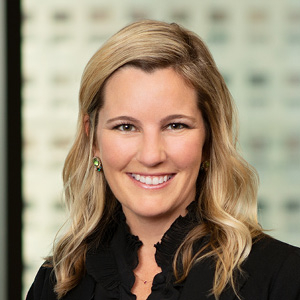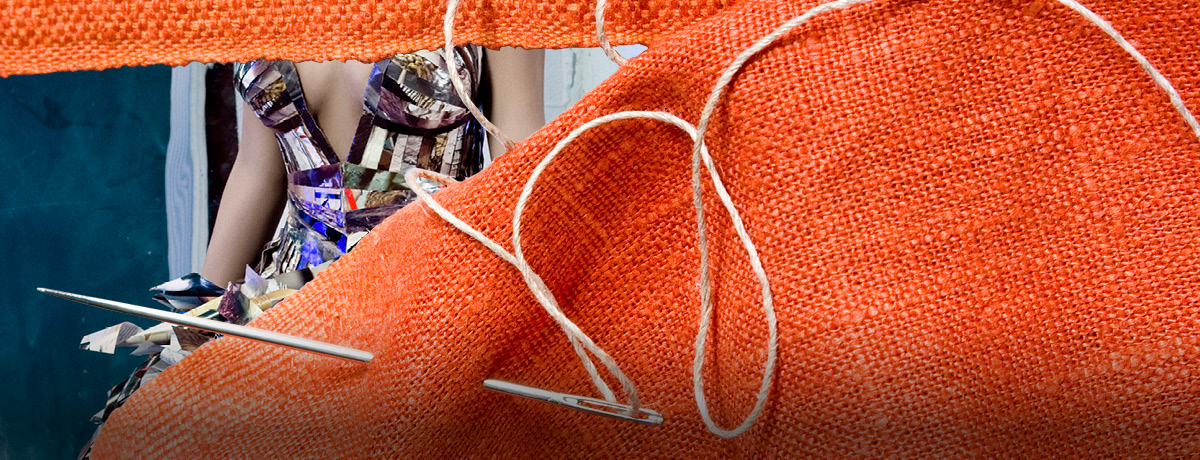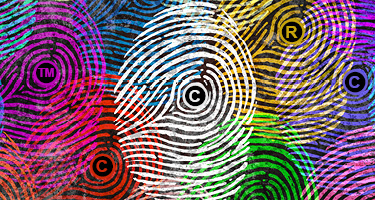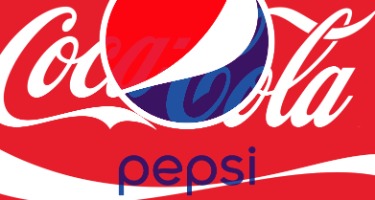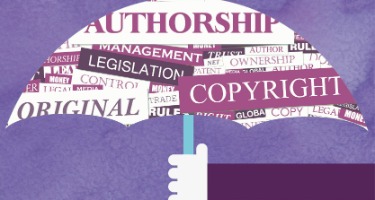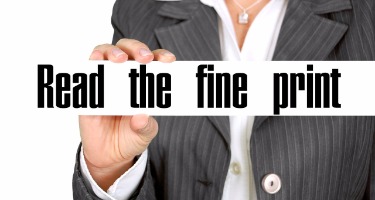In order to harmonize Greek legislation with European Directive 2014/26/EU “on collective management of copyright and related rights and multi-territorial licensing of rights in musical works for online use in the internal market,” a new copyright law was adopted on July 7, 2017, after a long delay, which supplements and amends the existing Copyright Law 2121/1993.
In the legislator’s attempt to satisfy different interests, the new law is the result of multiple compromises and contains both unclear and contradictory provisions that have already created and will continue to create various problems in their interpretation and implementation.
This article focuses on two groups of provisions of particular interest: firstly, on the provisions that enhance the protection of copyright and related rights on the Internet, and secondly, on the equitable remuneration (blank tape levy) due for reproduction for private use in relation to smartphones.
Enhancement of the Protection of Intellectual Property Rights on the Internet
In Greece, the procedure for lawful interception of communications for the detection of felonies is governed by the provisions of Law 2225/1994. This law enumerates the felonies for which lawful interception is permitted. Copyright infringement was not included until now in this numerus clausus list. The new law provides that, for the first time, following pressure coming from the industry but also the legal world, the procedure for lawful interception set out by Law 2225/1994 will also apply to the detection of crimes committed at a felony level that infringe copyright and related rights protected by Law 2121/1993. This is undoubtedly a positive and much-needed provision, which will have a decisive impact on the prosecution of online piracy.
Another provision considered as a positive development for the protection of intellectual property rights on the Internet, despite the possible difficulties in its implementation, is the one provided under Article 52§1 of the new law, which introduces a “notice and takedown procedure” regarding online copyright infringements.
Under this new provision, any right holder whose rights are infringed online or by any collective management organization responsible for the management and/or protection of infringed rights can file an application to a special committee, set up specifically for this purpose, which will initiate the process to cease the infringement by notifying the relevant Internet access providers, Internet hosting providers, and administrators and/or owners of the websites where the illegal content is found.
If the committee finds that there is a copyright infringement, it urges the above receivers of the notification to remove the unlawfully posted, infringing material or to disable access to it. In case of non-compliance, they will be subject to fines.
The procedure applies only to infringements committed by users who make available to the public and upload content or works for which they do not own/control the copyrights. However, it does not apply to infringements committed by end users by downloading, peer to peer file sharing, streaming, or cloud computing.
This is the first time that such a “notice and takedown procedure” has been introduced into the Greek legal order, and several practical problems are expected to arise in its implementation. For example, the constitution of the special committee, composed of representatives of different independent authorities as well as its decision-making process, is expected to be very time-consuming, as has been the case with other committees in Greece in the recent past (such as the National Radio Television Council). The right holder’s obligation is to first follow the procedure that may be laid down by the provider, and only if this procedure fails, to address the committee, which is expected to cause further delays. Finally, the fact that the committee’s procedure cannot be initiated in case the right holder has already brought proceedings before the courts on the same grounds will also cause interpretive and practical difficulties.
Equitable Remuneration for Reproduction for Private Use via Smartphones
The inclusion of smartphones in the group of devices subject to the special fee paid as remuneration for reproduction for private use has been the subject of litigation between collective management entities and mobile manufacturers and operators for years. The draft law, as deposited in the Greek Parliament, provided that smartphones with a RAM size of more than 4GB would be subject to the blank tape levy. In the latest version of the draft law, smartphones had been included in the same category as tablets and computers, and the equitable remuneration applicable to them was set at 2 percent of their value. During the parliamentary discussion and voting process, smartphones were removed from this category but not from the whole law. The text of the law clearly states that smartphones are still considered as devices that are subject to the blank tape levy, without however determining the percentage of the levy. It therefore remains to be seen what the courts will decide and whether they will eventually place smartphones under the category of audio and/or video recorders, devices enabling reproduction of copyrighted works for which the levy is set at 6 percent of their value.
The ambiguity of the provisions of the law dealing with the blank tape levy on smartphones but also with the “notice and takedown procedure” will create serious difficulties in relation to their implementation and will definitely keep IP practitioners busy for a number of years.

